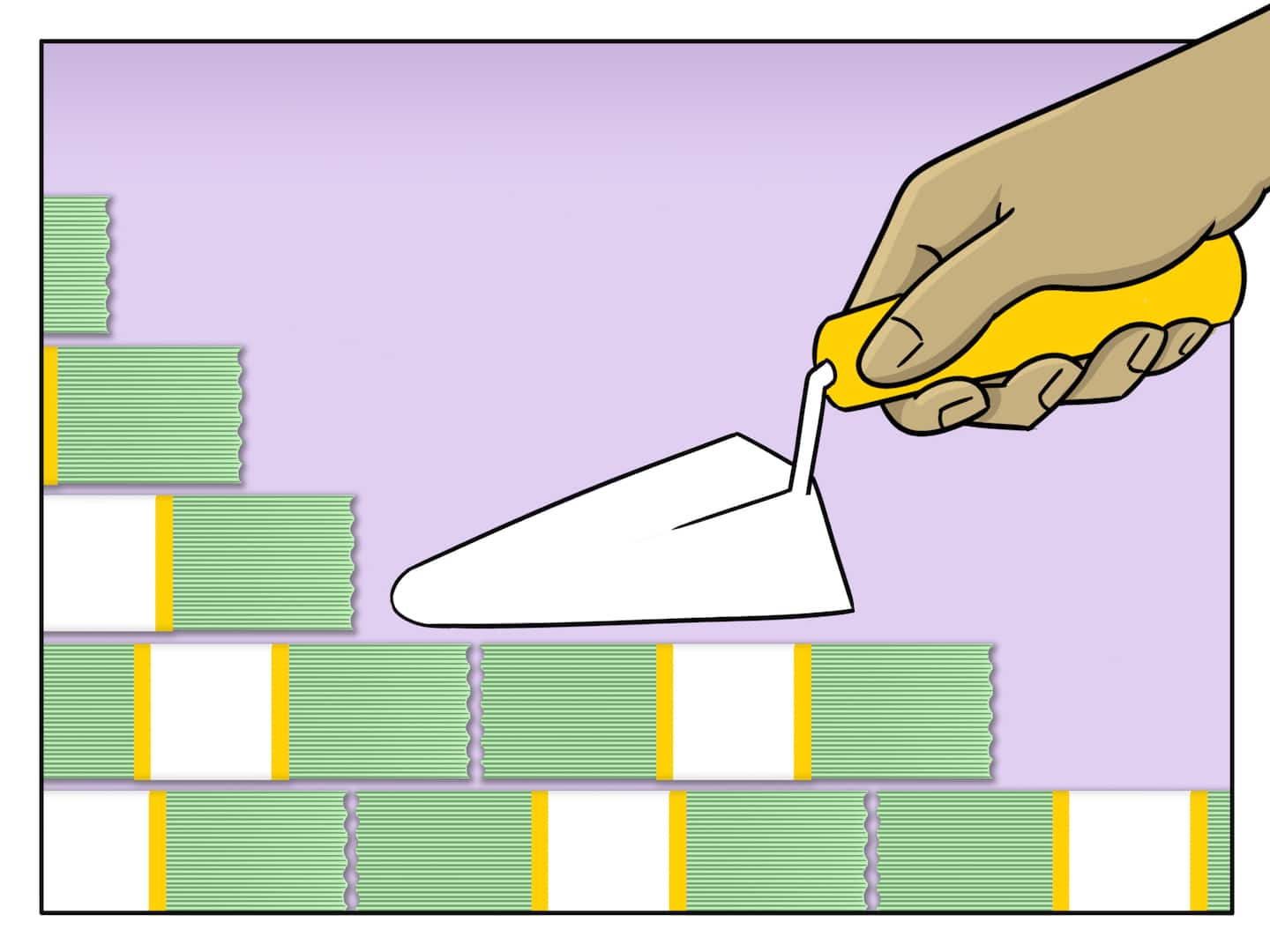Mortgage rates hit 9-month high after rising for six weeks in a row

Freddie Mac, the federally chartered mortgage investor, aggregates rates from around 80 lenders across the country to come up with weekly national average mortgage rates. It uses rates for high-quality borrowers with strong credit scores and large down payments. Because of the criteria, these rates are not available to every borrower.
The survey is based on home purchase mortgages, which means rates for refinances may be higher. The price adjustment for refinance transactions that went into effect in December is adding to the cost. The adjustment, which applies to all Fannie Mae and Freddie Mac refinances, is 0.5 percent of the loan amount. That works out to $1,500 on a $300,000 loan.
The 15-year fixed-rate average rose to 2.45 percent with an average 0.6 point. It was 2.4 percent a week ago and 2.92 percent a year ago. The five-year adjustable rate average climbed to 2.84 percent with an average 0.2 point. It was 2.79 percent a week ago and 3.34 percent a year ago.
“Moving forward, the general uptrend in mortgage rates is expected to resume as economic growth draws investors into stocks and out of bonds,” said Danielle Hale, Realtor.com’s chief economist.
With more and more Americans receiving not only their stimulus payment but also a dose of vaccine, the economic recovery is gaining momentum. Mortgage rates are being driven higher by the growing strength of the recovery and concerns that recovery will bring about inflation. Investors abhor inflation because it makes their long-term assets — mortgage-backed securities and Treasurys — worth less. As inflation fears become more persistent, investors sell those assets causing yields and mortgage rates to rise.
“March has been a bit of a wild ride,” said James Sahnger, mortgage planner at C2 Financial. “We opened up on March 1 with a 10-year Treasury at 1.39 percent, and it peaked at 1.75 percent last week and is now at 1.64 percent. Year-over-year economic comparisons in the months coming will be pretty strong, and we will just have to see how the market absorbs them.”
Bankrate.com, which puts out a weekly mortgage rate trend index, found the experts it surveyed nearly evenly split on where rates were headed in the coming week. About a third said they would go up, another third said they would go down, and another third said they would remain about the same.
Gordon Miller of the Miller Lending Group in Cary, N.C., said he expects rates to fall in the coming week.
“Rates may ease lower over the course of the week as the rebalancing of first-quarter portfolios for pension funds is necessary due to the run-up in stocks and the bond market,” he said. “With heavy purchasing of Treasurys, the 10-year note should improve and in turn push rates down slightly.”
Meanwhile, mortgage applications pulled back again last week. According to the latest data from the Mortgage Bankers Association, the market composite index — a measure of total loan application volume — decreased 2.5 percent from a week earlier. Although the purchase index grew 3 percent from the previous week, the refinance index fell 5 percent. The refinance share of mortgage activity accounted for 60.9 percent of applications.
“Refinance activity dropped to its slowest pace since September 2020, with declines in both conventional and government applications,” Joel Kan, an MBA economist, said in a statement. “Purchase applications were strong over the week, driven both by households seeking more living space and younger households looking to enter homeownership. The purchase index increased for the fourth consecutive week and was up 26 percent from last year’s pace. The average purchase loan balance increased again, both by quickening home-price growth and a rise in higher-balance conventional applications.”






